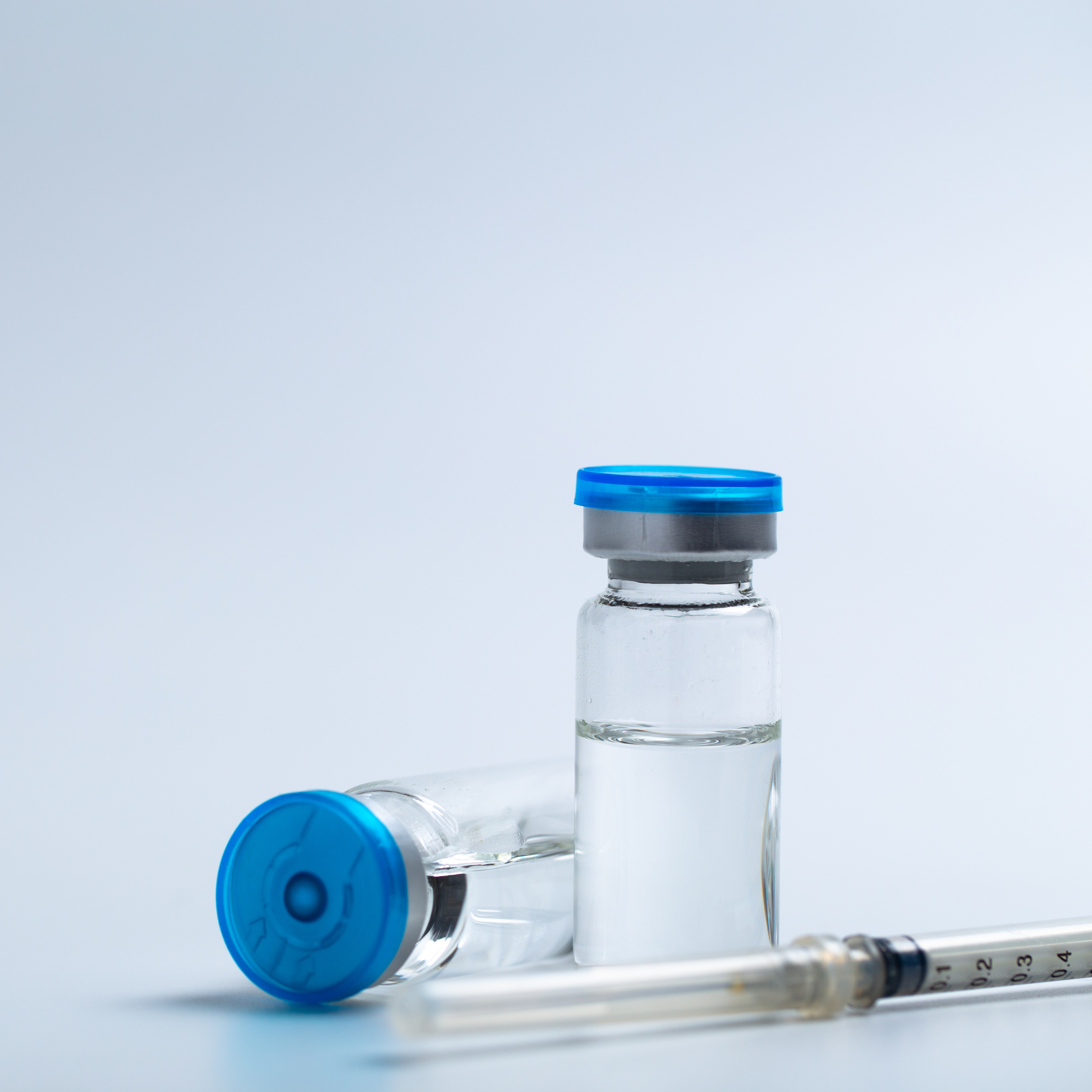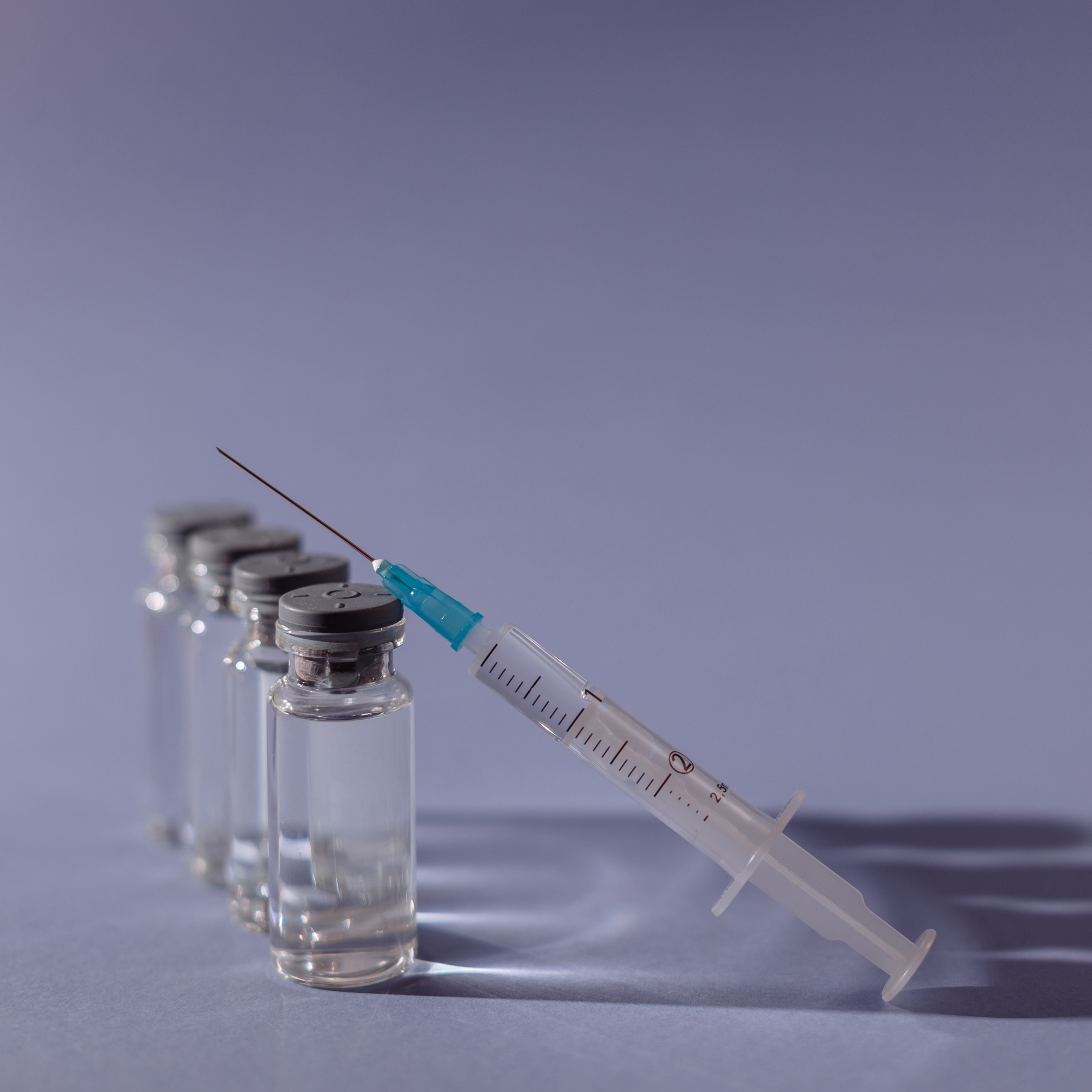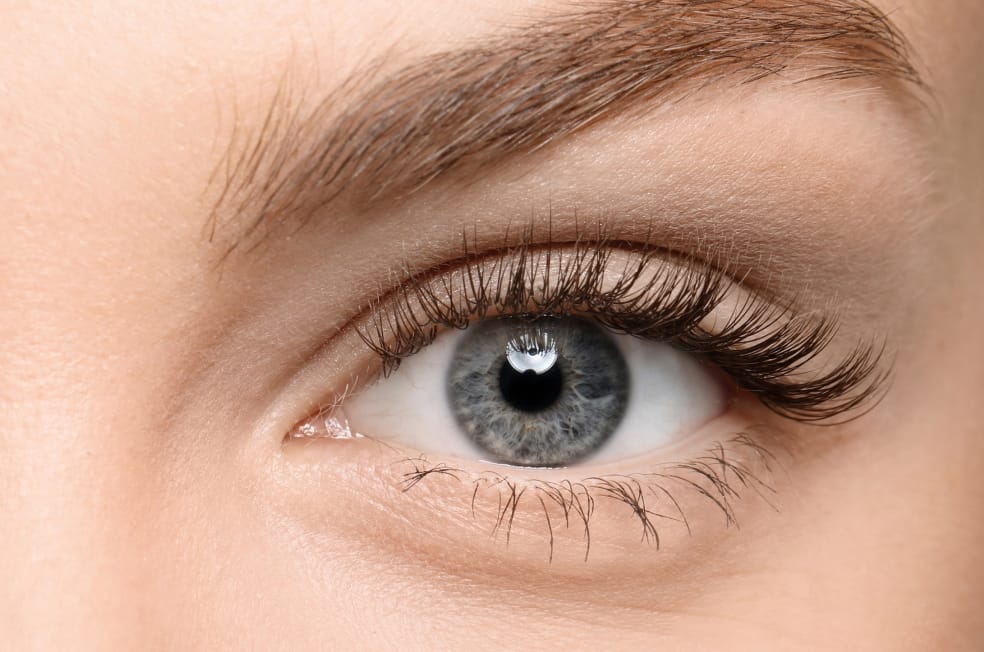
If you've experienced a yeast infection during or right after a urinary tract infection (UTI), you may wonder if one causes the other. While a UTI does not directly cause a yeast infection, the treatment can.
A UTI and yeast infection are separate infections that may happen simultaneously or one after the other. If you take antibiotics to treat a UTI, those antibiotics can trigger a yeast infection. The antibiotics disrupt the balance of bacteria and yeast in the body, potentially leading to an overgrowth of yeast and subsequent development of a yeast infection.
A UTI is a bacterial infection that primarily affects the urinary system. They are typically caused by bacteria, most commonly Escherichia coli (E. coli), entering the urinary tract and leading to an infection. UTIs are not caused by yeast (fungus) but rather by bacteria.
Yeast infections are fungal infections caused by an overgrowth of the fungus Candida. These infections not only occur in the vagina (vaginal yeast infection) but can also occur in various parts of the body, like the mouth and skin. Unlike UTIs, yeast infections are not caused by bacteria but by an imbalance in the body's natural flora, resulting in an overgrowth of yeast. Other causes of a yeast infection include:
UTIs and yeast infections are common. Admired can help treat both quickly without hard-to-get doctor appointments and busy waiting rooms. Pick up your prescription at your local pharmacy and get back to being you again.
Don't be concerned about the burn and ditch the itch. Start your free online UTI or yeast infection consultation today!
Thanks for reading,
Your Admired Team
















